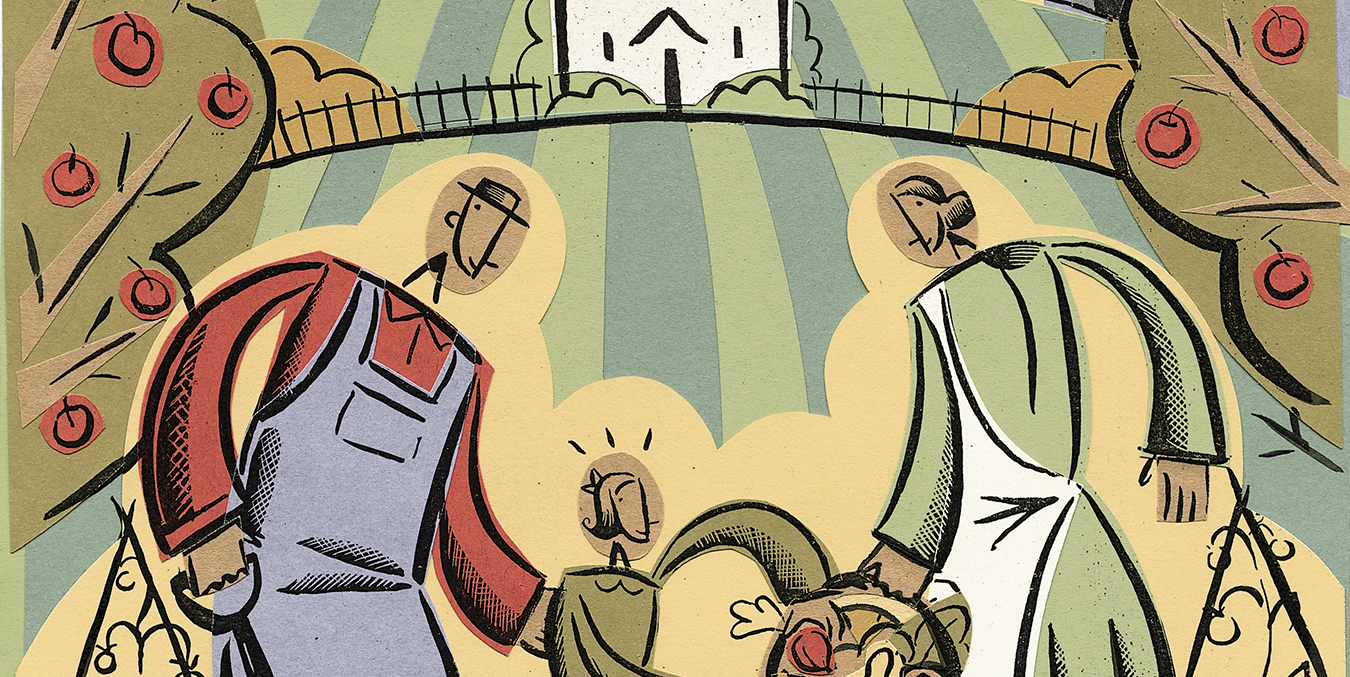By Lisa Ann Jackson
Imagine not naming your child before he reaches the age of 2. Imagine not even considering him a person until his second birthday because you know that rampant childhood illnesses mean the likelihood of his dying is as great as the likelihood of his living.
For the poorest and most rural families of the Altiplano in Bolivia, the infant mortality rate hovers somewhere near 10 percent. That means about 100 of every 1,000 children die before they turn 2. In the United States, that figure is about seven of every 1,000. A BYU professor has discovered that the problem is as much social as it is economic.
“You can’t just say it’s a lack of resources. Just because you give the head of the household resources doesn’t mean that everybody is going to benefit from the distribution of those resources,” says Renata T. Forste, associate professor of sociology. “That’s why as sociologists we look within the family.”
Supporting research on family-related topics is one of the primary purposes of the School of Family Life. The school’s directors hope to bring together scholars from across campus whose research addresses family issues and to help them be a positive voice among academicians and practitioners. Speaking at the announcement of the school, LDS apostle President Boyd K. Packer told researchers, “You have a powerful voice which is heard in places where the Brethren cannot speak. You can, if you will, state our case in the academic world.”
Forste is among those researchers from other departments on campus who are affiliated with the new school. Working under the assumption that family relationships contribute significantly to children’s well-being, Forste has drawn her conclusions from demographic health surveys conducted in Latin American countries. Her analysis has shown significant connections between mothers’ practices and their children’s health. Among the most striking factors is a mother’s education.
“Children whose mothers have at least nine years of schooling have half the risk of death,” says Forste. This appears to be the result of attitude shifts more than specific skills training, she says. “As the mother gains more education, her perception of being able to take care of her health and her child’s health changes. She sees that she can take responsibility instead of feeling like it is out of her control.”
Her research also indicates that infants who are breast fed for six months are less likely to be introduced to fatal bacteria, and infant mortality rates are lower among children who are spaced by a minimum of two years.
Building on these findings, Forste and Tim B. Heaton, professor of sociology, have created their own surveys and are compiling data in Colombia and Bolivia. They hope to discover how women’s autonomy and decision-making processes within the home impact the well-being of children.
Speaking of such work, BYU president Merrill J. Bateman said at the school’s announcement, “We have people on campus who are very good in terms of understanding problems that are facing the world.”









